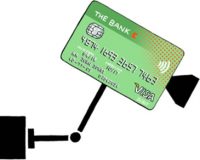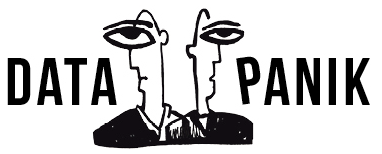
Cash is becoming more and more eradicated, with no anonymous alternatives to replace it. With the disappearance of banknotes and coins, so does our privacy – while banks, companies and governments gain access to the most intimate details of our life.
Old people and criminals. Those are the only ones who cling stubbornly to cash. That is if you believe the advocates of the cashless society. Because that would offer nothing but benefits. Less crime, no undeclared work, no more costs for printing, transporting and securing notes and coins. What a brave new world that would be.
But they are wrong, because each of those arguments can easily be refuted. Moreover, they conceal that the abolition of cash takes a big bite out of our privacy. The disappearance of cash payment means that every financial transaction leaves trails of everything you do. Those who gain access to these data, can map our whole lives, into the most intimate details. Banks, businesses and governments would be only too happy to have all this personal information.
Another problem: safety and reliability. Crime does not disappear, but would shift to online fraud and cybercrime. Electronic payment systems can also crash and paralyze the payment traffic. And then there’s also the vulnerable groups in society and the social consequences of cashless payment, where you have much less control over what you’re spending.
Cash and thus anonymous payments are a basic right and must stay a choice for everyone. Otherwise we lose not only notes and coins, but especially our freedom, our privacy and the ability to live unobserved.
The cashless society was nominated for a (Belgian) Big Brother Award in 2016

